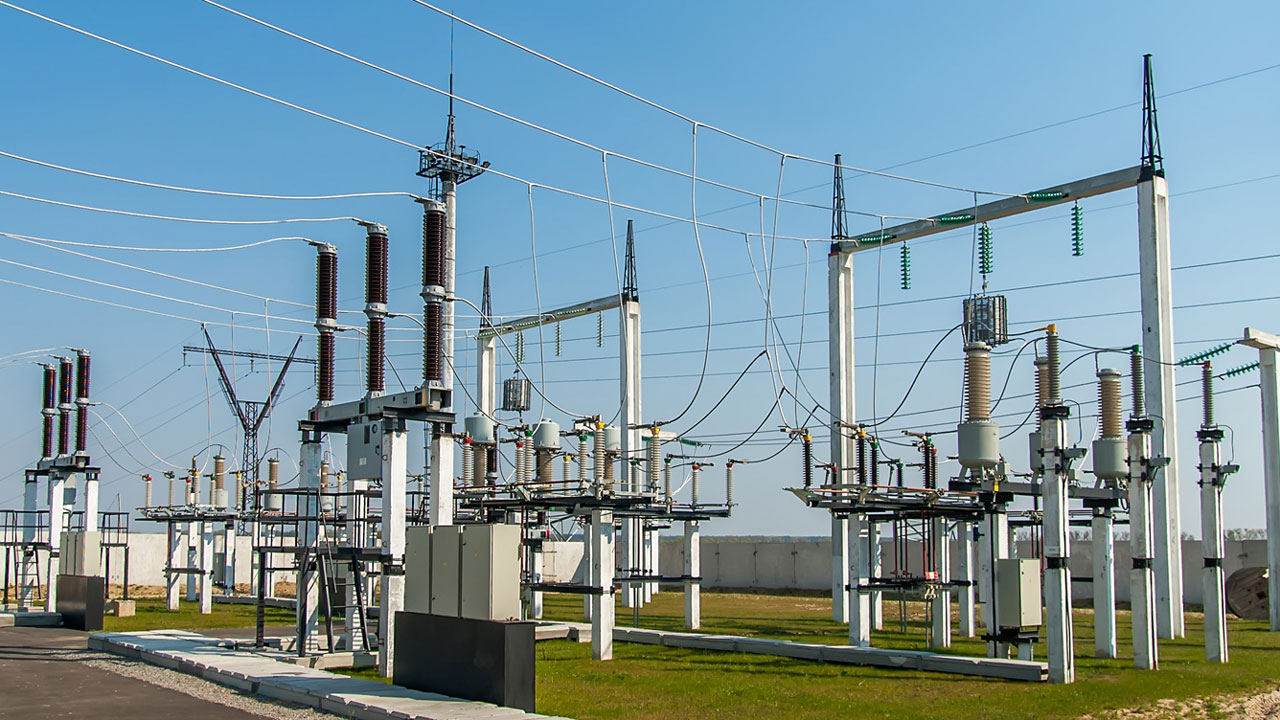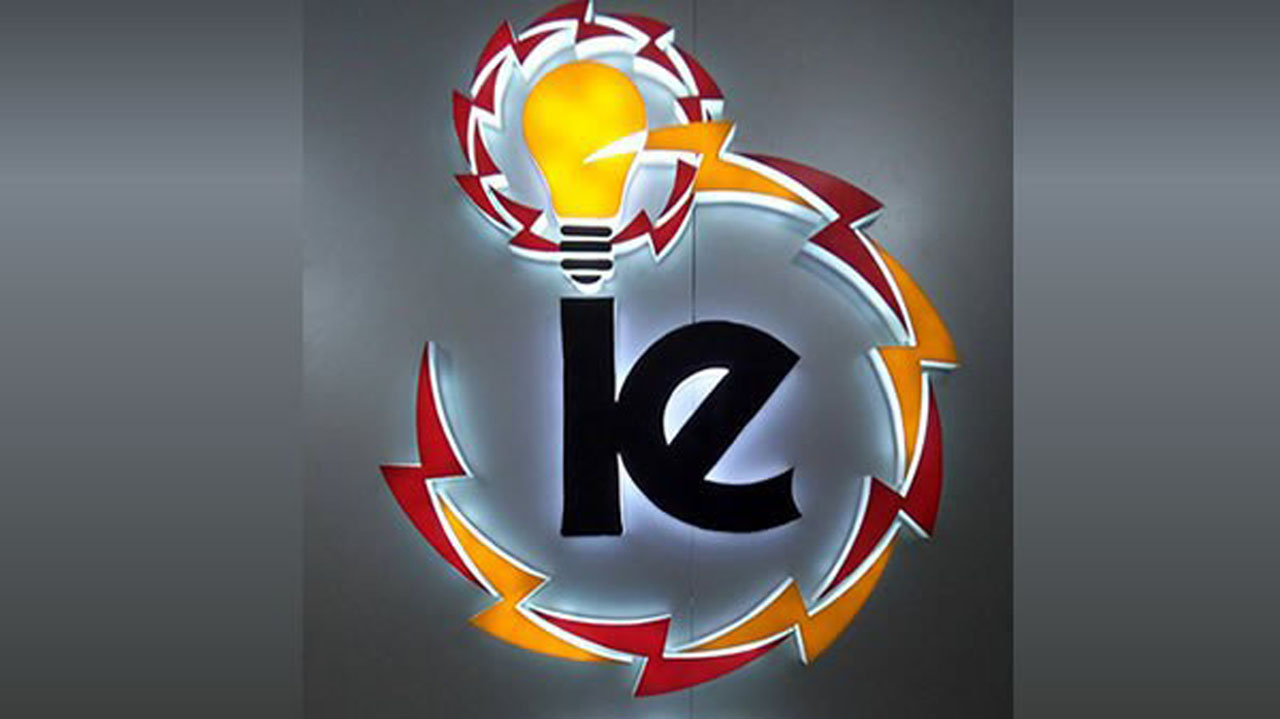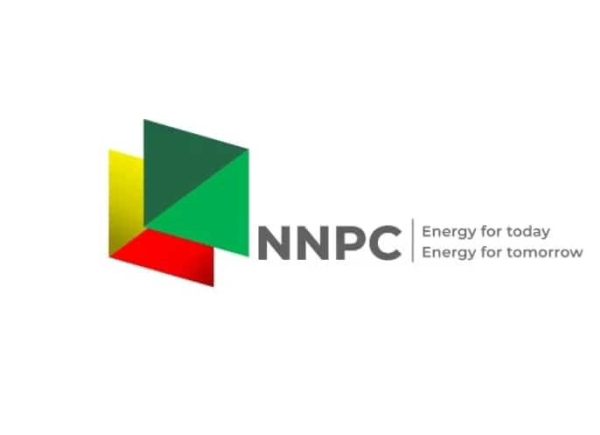The current drop in supplies of electricity nationwide due to issues bordering on transmission crisis despite upon the $1.63bn intervention so far made by the government arm of the industry, the Transmission Company of Nigeria (TCN) will take centre stage at the upcoming 2019 Power Nigeria Exhibition and Conference in Lagos.
Already, key stakeholders especially the Association of Power Generation Companies (APGC), has continued to argue that claims by the TCN that it currently has capacity to wheel over 8,000 megawatts of power is not believable.
The argument stemmed from the repeated collapse of national grid which has risen to more than eight since this year upon the unverified claims by the TCN in investing about $1.63bn to improve the nation’s electricity transmission infrastructure.
APGC had continued to disagree that Nigeria’s transmission network has what it takes to wheel power capacity that is more than 5,500MW, when the available generation capacity from APGC is more than 7,500MW.
Since this year, the Managing Director of TCN, Mr Usman Mohammed, had continued to force Nigerians to believe that his agency had increased its wheeling capacity considerably in the last three years, but facts on ground are making the gospel hard to believe.
Recently, the Executive Secretary of APGC, Mrs Joy Ogaji, noted that “Gencos are caught in the middle of a weak transmission network and a poor commercial market structure.” the Executive Secretary, Association of Power Generation Companies, Joy Ogaji, stated.
Continuing, she averred that “With a total available generation capacity of more than 7,500MW and maximum wheeling capacity of not more than 5,500MW, there will always be a recurring instance of about 2,000MW idle generation.
“Idle generation represents capital investment not able to yield revenue that will hence impact the ability of the Gencos to support efficient operations and service loans used in developing the power plants.
“Out of the meagre 5,500MW of transmission wheeling capacity, the Discos have not proven to be able to distribute more than 4,500MW, continuously leaving yet another 1,000MW of generation capacity unutilised.”
She pointed out that the installed capacity for grid connected power plants in Nigeria was over 13,000MW, available generation capacity over 7,500MW, while average actual generation was about 4,000MW.
With the above grounds in view, the organizers of the conference are upbeat that industry stakeholders will examine financing, procurement, digitalisation, renewable energy reforms, and more other vital issues at this year’s edition to Power Nigeria Exhibition and Conference in Lagos.
Already, experts from across Nigeria and West Africa to meet manufacturers and suppliers from over 24 different countries as key delegations from regional government bodies and infrastructure and public utilities, including the Federal Ministry of Power, Works and Housing, the Transmission Company of Nigeria, the Nigerian Electricity Regulatory Commission, the Nigerian Investment Promotion Commission and electricity distribution companies will be on ground.
According to the planners, the Power Nigeria Agenda, a three-day CPD Certified Conference, would also take place involving industry leaders who would discuss critical topics such as customising existing power plants for the greatest return on investment, and capitalising on the digitalisation of Nigeria’s power sector, among others.
The Exhibition Director, Power Nigeria, Deep Karani, said, “Over the past few years, our teams have worked tirelessly to ensure the Power Nigeria Agenda focuses on innovations and advancement of the Nigerian power sector. The 2019 edition will discuss topics such as financing, procurement, digitalisation, renewable energy reforms, and more.
“The conference is set to reinforce Informal Markets’ commitment to actively cultivate Power Nigeria into the largest technology sourcing platform and create invaluable networking opportunities for international and local companies to connect, network and drive growth into future investment opportunities for West Africa,” Karani added.








